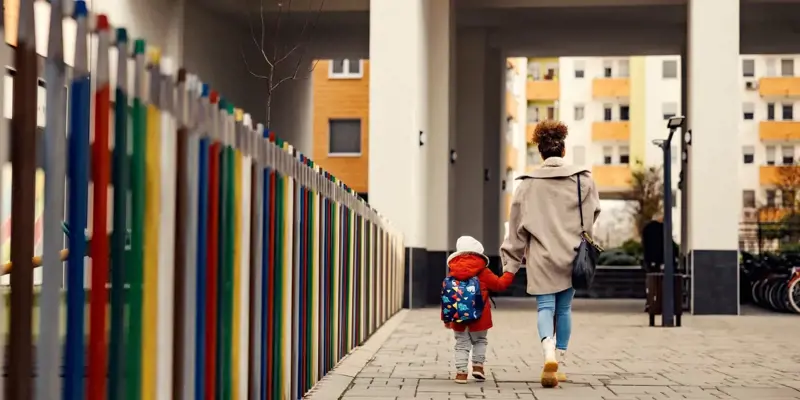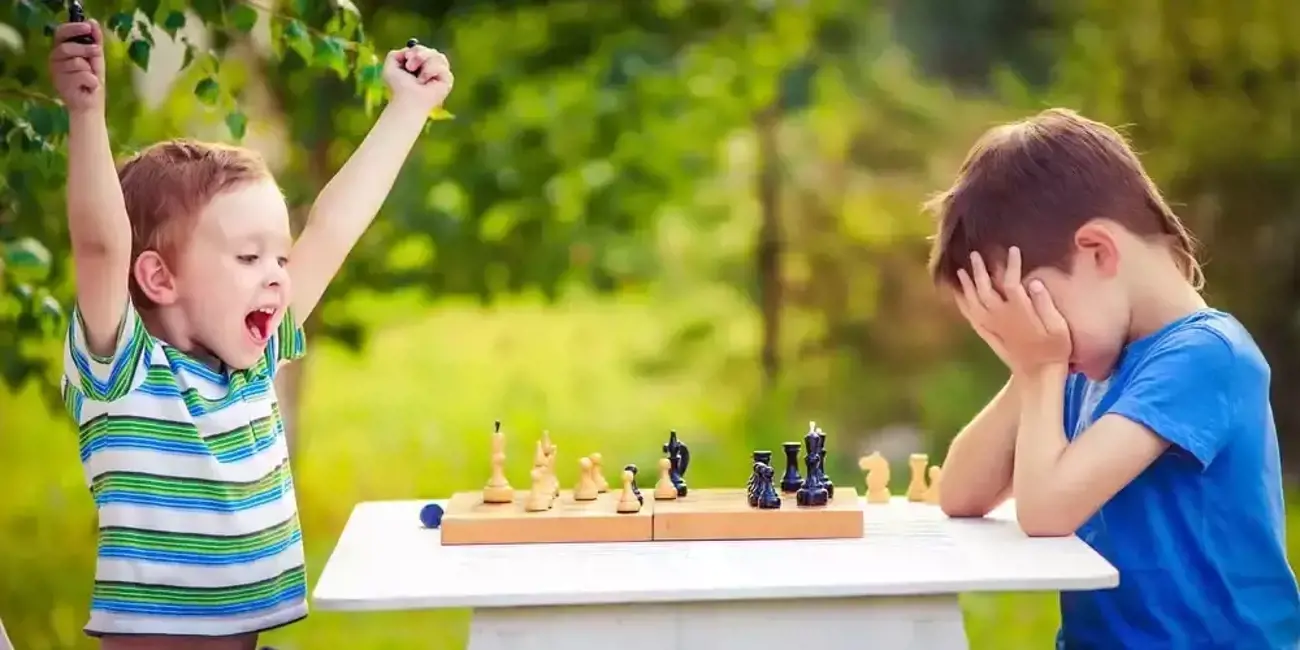It's commonly said that, 'Winners are grinners and losers can please themselves,' and when it comes to children, this can translate to unabashed boasting and torrents of tears.
Young children's physical, emotional and social skills are still developing, and although it might be gratifying to win an Egg and Spoon Race or disappointing to miss out on a Pass the Parcel prize, it's important for youngsters to learn that winning isn't everything, it's how you play the game.
Let's look at why games are beneficial for children, and what parents can do to encourage fairness and raise a good sport.
What are the benefits of playing games?
Whether your child comes out on top – or not – games of all types are a chance for children to:
- Learn about fair play and competition
- Gain skills and have new experiences
- Interact with others, whether that’s by playing with their peers or learning from an older role model
How can grown-ups encourage good gameplay?
To help parents put the focus on fairness and fun, rather than winning and losing, The Raising Children Network recommends that you:
-
Choose games suited to your child’s age and abilities.
Younger children are most suited to straightforward games with short waiting times. Keep in mind that children find it easier to lose in a game of luck than in one of skill, so if a child is taking their losses hard, focus on chance-based games at first. -
Make sure everyone knows the rules before the game starts.
Younger children need simpler rules, and as well as communicating the game parameters, introduce social rules too, like taking turns or congratulating the winner. -
Encourage variety.
To widen their skills set, try out lots of different games, from indoor board games to outdoor party games, and play them with a range of older and younger children. -
Provide feedback.
Praise children for their sharing and turn taking, and to help them be a good winner, encourage your child to show sympathy and support to those who didn’t win. Overall, focus on the fun that everyone had playing the game, not the result. -
Avoid letting your child win all the time.
Although 'fixing the game' can keep young children interested and build their confidence, this sets up unrealistic expectations for how life plays out and at the end of the day, a real win is more satisfying than a rigged one.
Is competition a good thing?
Of course, just because the focus is on fun, it doesn't mean that some healthy competition is off the cards.
Competition between children introduces a positive dynamic when it:
- Spurs children on to do their best
- Improves skills
- Fosters focus and discipline
- Makes children feel good about their achievements
Just keep in mind that an intense will to win can lead to less friendly behaviour, like cheating or arguments.
To avoid this, The Raising Children Network says, 'Competition works best when there are clear, fair and age-appropriate rules that everyone understands and agrees to follow before the game starts. It's also good if children are all at the same skill level.'
With all this in mind, let the best player win and may everyone finish with a grin.

































